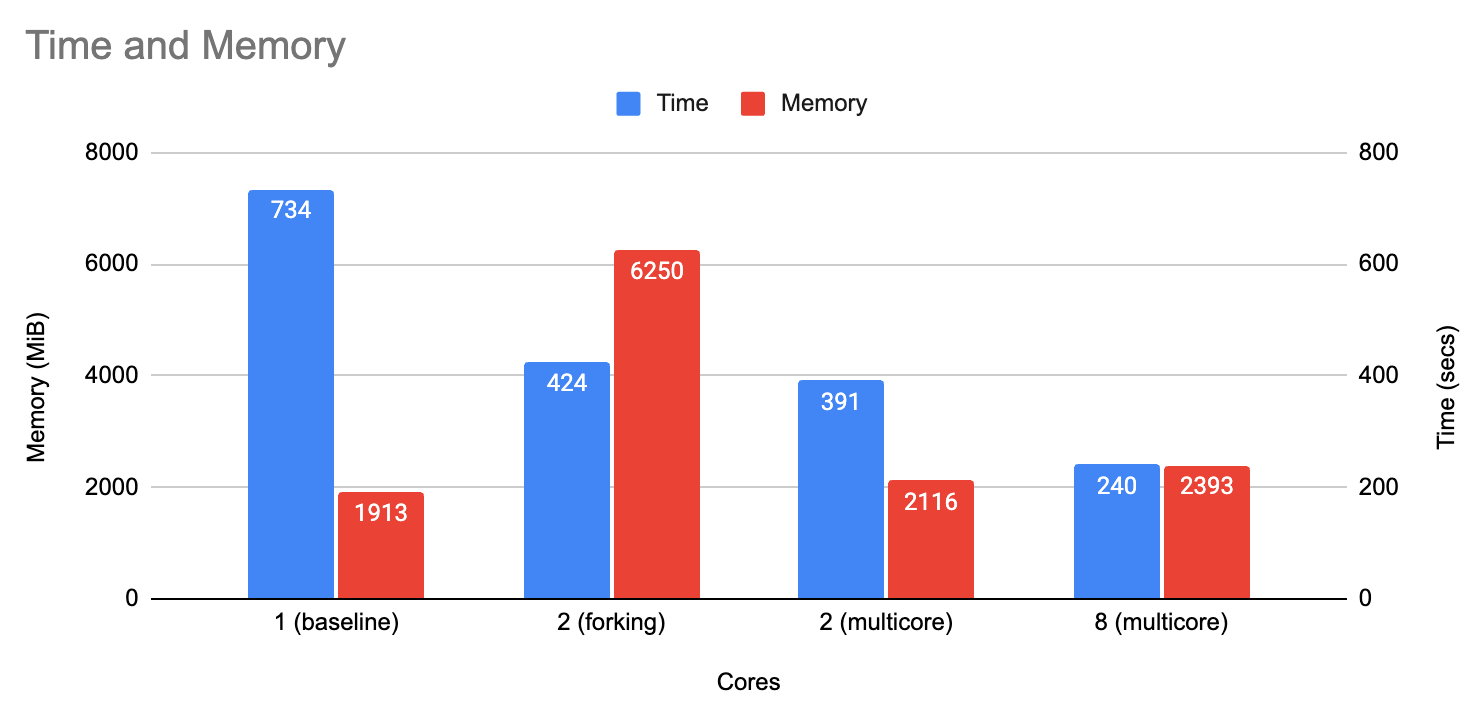TL;DR:
Semgrep Community Edition’s latest release brings two major upgrades:
Up to 3x better scan performance on large repos with our brand new memory-efficient multicore engine
Native Windows support (no WSL required!) making Semgrep accessible to ~500M more developers
Simple. Fast. Open to everyone.
Semgrep is an Application Security (AppSec) platform built to help developers and security teams find and fix code issues early without slowing them down. At the heart of it all is Semgrep Community Edition (CE), the community-powered tool trusted by millions of developers worldwide. Semgrep CE makes security scanning free and fast across dozens of languages, so you can catch real issues quickly and confidently. And now, with the Semgrep Community Edition Fall Release 2025, it’s getting even better.
Whether you’re scanning a small project or the biggest monorepo ever seen, Semgrep CE is ready to run anywhere. With up to 3x better scan performance thanks to multicore support, and long-awaited native Windows support, these updates bring Semgrep to more developers than ever. These improvements are also available to all Semgrep customers, from individual developers to large organizations, so everyone benefits from ludicrously fast scans.
Up to 3x better scan performance for monorepos
Until now, scanning monorepos meant making a tough trade-off. Our legacy engine duplicated analysis across cores, so memory usage ballooned as you scaled. You could increase cores for faster scans – but risk running out of memory – or stick to single-threaded scans and accept painfully slow results. Neither option was great.
Our new memory-efficient multicore engine removes that trade-off entirely. The new engine shares analysis state across all cores, dramatically reducing memory usage while still parallelizing the work. Best of both worlds!
The result:
Scan larger repos without crashing your laptop or CI runners
Use more cores in memory-constrained environments
Same (or better) speed, with far less resource usage, up to 3x faster in our benchmarks







